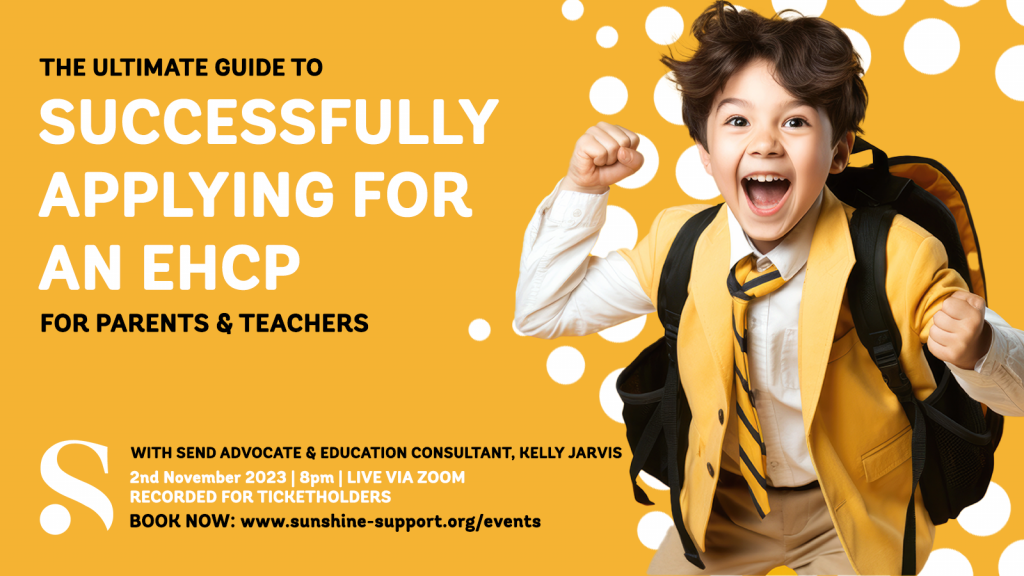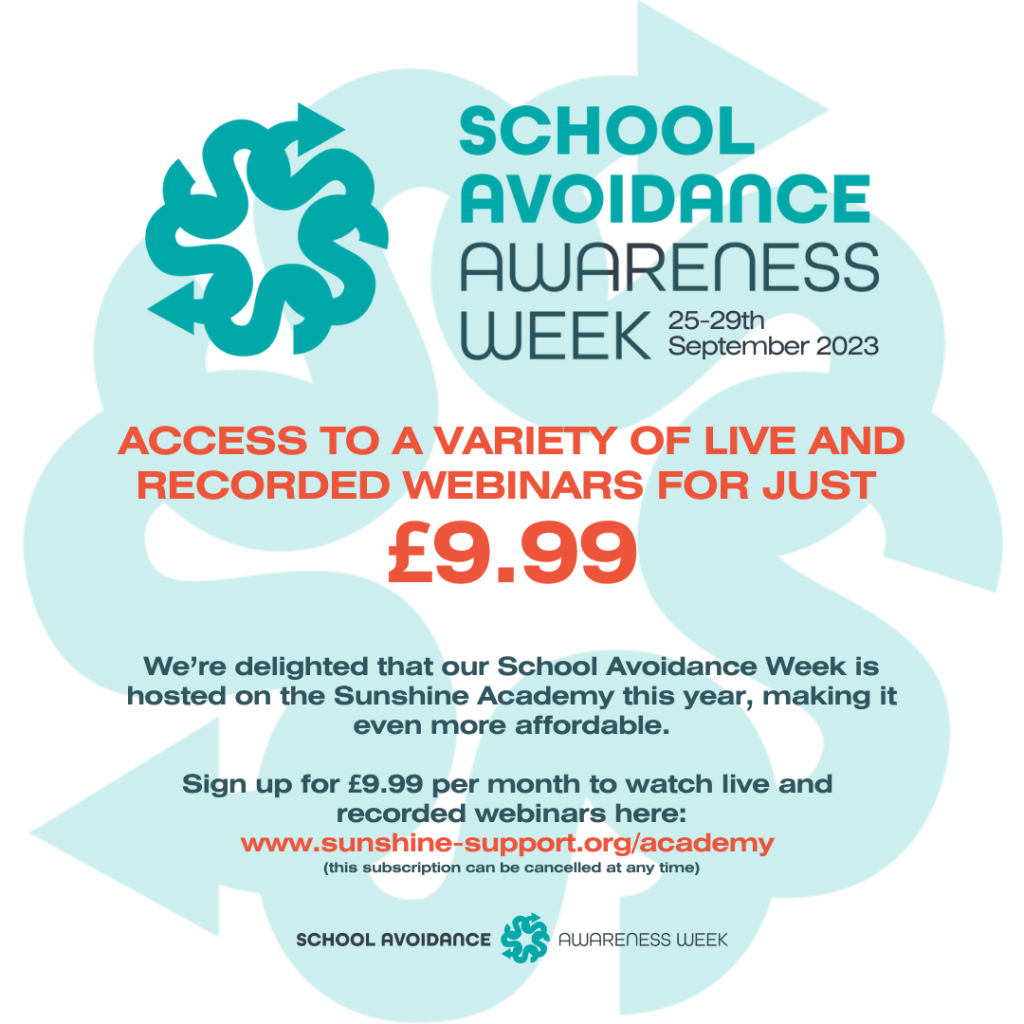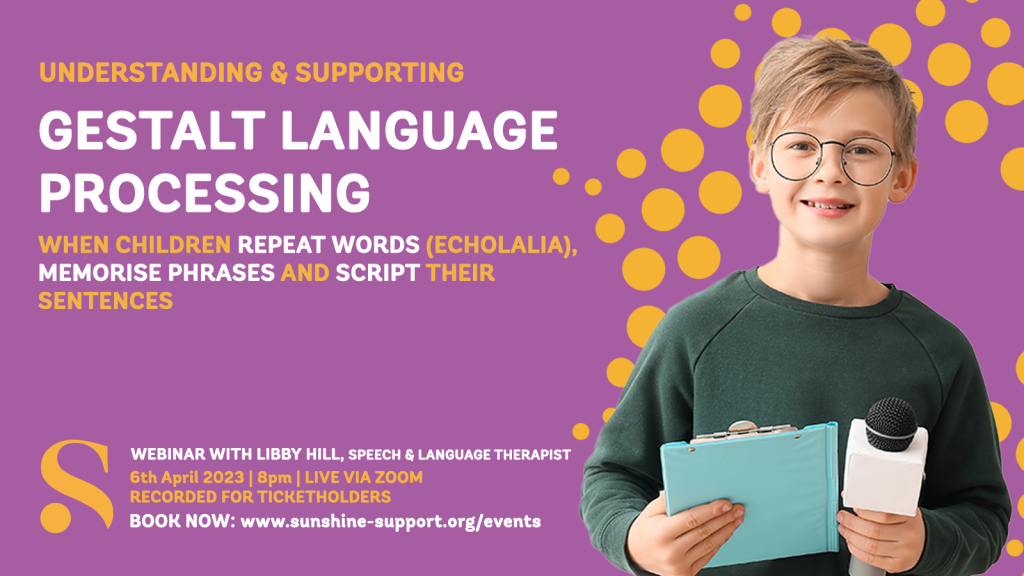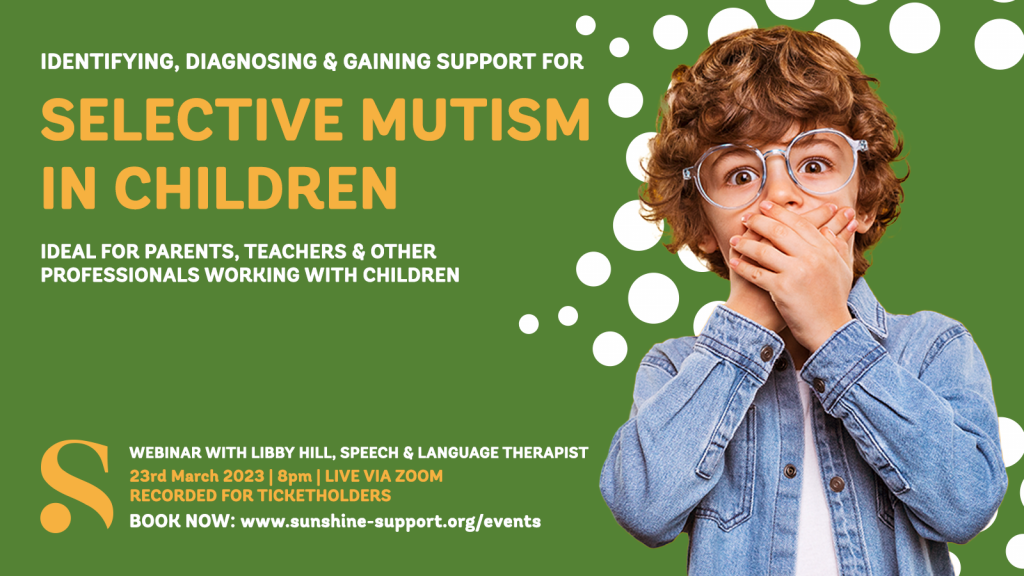In October 2016, William W. Dodson wrote an article for CHADD (Children and Adults with Attention-Deficit/Hyperactivity Disorder) in which he detailed the ‘extreme emotional sensitivity and emotional pain’ triggered by being rejected or perceiving rejection. He called it ‘Rejection Sensitive Dysphoria’.
In his original article he describes that there are three major mood problems in ADHD. Shame and Guilt, Over-reaction, and Rejection Sensitive Dysphoria. He claimed that Rejection Sensitivity is the only one of these mood problems that’s exclusive to ADHD. However, since then, Rejection Sensitivity has become a recognised trait of other forms of neurodivergence such as autism and it can be something which neurotypical people struggle with too.
To understand more, we are delighted to be holding a powerful and eye-opening webinar on Tuesday 22 July 2025 called ‘The Crippling Reality of RSD’. Hosted by renowned author Pete Wharmby, this really will be such a validating time for anyone who struggles with rejection sensitivity, wants to understand more or importantly, wants to know that they aren’t the only one to feel this way.

This webinar is already proving to be hugely popular with loads of tickets already sold. Please do come along and join us, tickets can be brought here: https://www.eventbrite.co.uk/e/1412458765189 In the run up to the webinar, here’s a little more about RSD – see if it resonates with you…
What is Rejection Sensitive Dysphoria?
“Rejection Sensitive Dysphoria is a triggered, wordless emotional pain that occurs after a real or perceived loss of approval, love, or respect.
RSD is an extreme emotional sensitivity and emotional pain triggered by the perception or imagination by the neurodivergent person that they have:
- been rejected
- been teased
- been criticised
- disappointed important people in their lives
- withdrawn their own approval of themselves when they failed to attain their own standards or goals”
Rejection Sensitive Dysphoria is a symptom of neurodivergence not listed in the DSM-5 and is considered as a form of emotional dysregulation. It is extremely common (around 95% of ADHDers experience it) in both children and adults with ADHD, but as there is still very little research it is unclear whether it is a trait exclusive to people with ADHD – it can be difficult to pinpoint how many autistic people with RSD may also have co-occuring ADHD that is undiagnosed in addition to their autism, hence making tricky to establish whether RSD is indeed exclusive to ADHD or not. Data shows that a large number of people diagnosed with autism also have ADHD – however, the statistics on this vary wildly.
Additude Magazine said: “One-third of my adult patients report that RSD was the most impairing aspect of their personal experience of ADHD, in part because they never found any effective ways to manage or cope with the pain.”
What are some common symptoms of RSD?
- Difficulties maintaining relationships
- Sudden and often extreme emotional outbursts
- Withdrawing from social situations
- Isolating yourself
- Negative self-talk
- low self-esteem
- High levels of anxiety
- Rumination and perseveration
- Sudden emotional outbursts following real or perceived criticism or rejection

What triggers RSD?
- Perceived Rejection
- Actual Rejection
- Being Teased
- Being/feeling criticised
- Feeling as you’ve let someone down
- When something doesn’t go to plan
What causes RSD?
Currently, we don’t really know why RSD occurs or how it develops. However, current research suggests that there could be a genetic link. In addition to this, some researchers suggest RSD is related to a different brain structure and chemistry in the ADHD/autistic brain.
If you want to understand so much more about RSD then don’t miss our webinar with Pete Wharmby on 22 July 2025. Tickets are available here: https://www.eventbrite.co.uk/e/1412458765189
Do YOU relate to Rejection Sensitive Dysphoria (RSD)?!
Do YOU relate to this content about Rejection Sensitive Dysphoria (RSD)?! Chrissa discusses the ins and outs of RSD, validation, the importance of connection with a ‘safe person’ and the impact on our mental health here.





